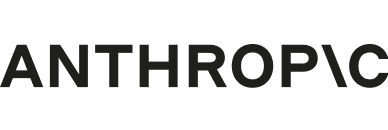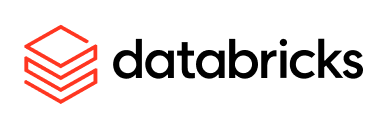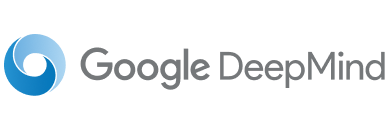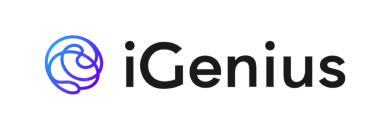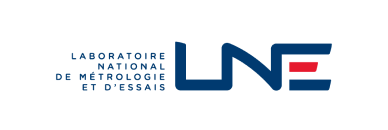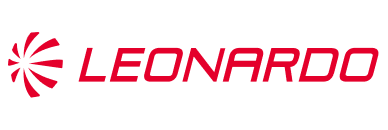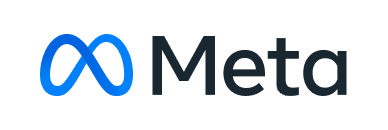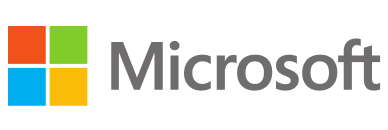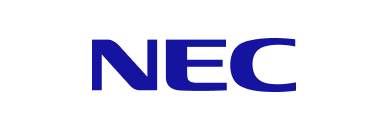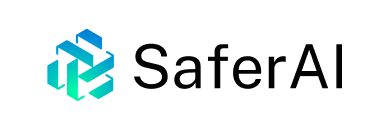The G7 Hiroshima AI Process
The 2023 G7 Hiroshima AI Process (HAIP) delivered a Comprehensive Policy Framework that included:
- The International Guiding Principles for All AI Actors and for Organizations Developing Advanced AI Systems
- The International Code of Conduct for Organizations Developing Advanced AI Systems, and project-based co-operation on AI.
- The OECD’s report towards a G7 Common Understanding of Generative AI
- Project-based co-operation on AI
Under Italy’s G7 2024 Presidency, G7 members concentrated on effectively advancing these outcomes. At the request of the G7 membership and following the commitments outlined in the Trento Declaration, the G7 Digital and Tech Working Group, under the Italian Presidency, urged the OECD to identify and develop appropriate mechanisms for monitoring the voluntary adoption of the Hiroshima AI Process International Code of Conduct by organizations choosing to implement it.
In their Apulia Communiqué G7 leadersreaffirmed their commitment to developing a Reporting Framework in cooperation with the OECD. Building on this, the G7 Joint Statement adopted at the Digital and Technology Ministerial Meeting resolved to complete and advance the Reporting Framework by the end of the year.
The reporting framework
Following a successful pilot phase in mid-2024, the operational framework now provides a standardized approach for organizations to demonstrate their alignment with the Code of Conduct's actions. For the first time, companies can offer transparent, comparable information about their AI risk management practices, risk assessment, incident reporting, and information sharing mechanisms.
Based on the Hiroshima AI Process International Code of Conduct's 11 actions, the Reporting Framework has structured questions to help organizations align their practices with the Code of Conduct. This interactive online interface allows organizations to report on practices and policies corresponding to these actions. The Framework interoperates with similar initiatives, notably risk management frameworks and due diligence guidance for responsible business conduct in AI.
The Framework was developed in collaboration with all stakeholder communities, incorporating input from government, the private sector, academia, civil society, and research institutions.
